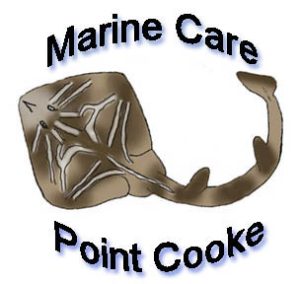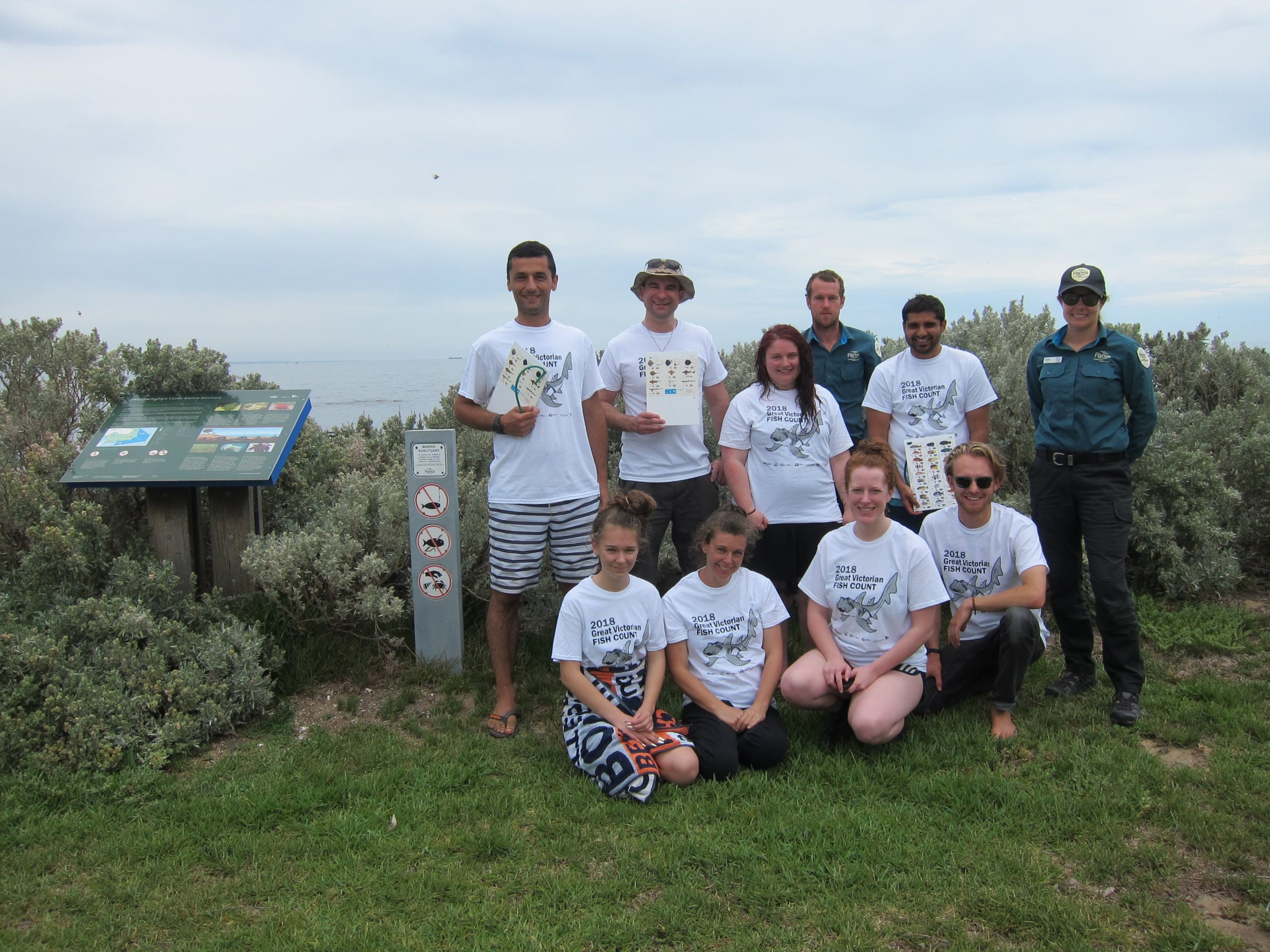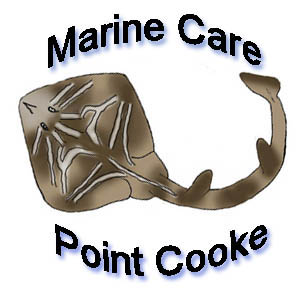
Marine Care Point Cooke
Website Address
Marine Care Point Cooke (MCPC) is a community‐based “friends’ group” whose central aim is the conservation and promotion of the environmental and biodiversity values of Point Cooke Marine Sanctuary (PCMS) for the ongoing benefit of current and future generations. Point Cooke Marine Sanctuary is a marine protected area that preserves a representative area of the western shoreline of Port Phillip Bay. It covers 290 hectares and is located 10 kilometres east of Werribee, adjoining Point Cook Coastal Park and the Cheetham Wetlands.
The sanctuary includes a number of different habitats, including sandy beaches, soft muddy areas and associated seagrass meadows, and basalt reef in both intertidal and subtidal reaches. The reef areas support dense stands of macroalgae, which in turn provide habitat for a stunning array of fish and invertebrates.
The group has been involved in a wide range of activities since its establishment in December 2009. MCPC is currently involved in snorkelling and SCUBA diving surveys (including the Great Victorian Fish Count and Sea Slug Census), miscellaneous projects involving conservation and monitoring activities (particularly around marine pest species, which has included the acquisition of funded grants), and Clean Up Australia Day. Interested parties are encouraged to become members, and are encouraged to participate in the various hands-on activities that are scheduled.
List of the activities, events, and resources that the organisation undertakes:
- Monitoring/recording marine/coastal conditions
-
Location
Point Cooke Marine Santuary, POINT COOK, VIC 3030 -
Phone
03 9269 1693 -
Email
andrewchristie@melbournepolytechnic.edu.au -
Ocean Literacy Principles
1. The Earth has one big ocean with many features.2. The ocean and life in the ocean shape the features of Earth.3. The ocean is a major influence on weather and climate.4. The ocean made the Earth habitable.5. The ocean supports a great diversity of life and ecosystems.6. The ocean and humans are inextricably interconnected.7. The ocean is largely unexplored.



